Sylhet, July 22 (V7N) – A severe shortage of doctors in Sylhet Division is denying thousands of rural residents access to essential healthcare, with over 58% of government-approved medical officer positions at the upazila and union levels currently vacant. The crisis, most acute in Moulvibazar district, is pushing patients toward expensive private clinics and diagnostic centers, according to data from the Divisional Health Directorate.
Across the four districts of Sylhet, there are 526 approved posts for medical officers in government-run upazila health complexes and union health facilities. As of July, only 225 of those positions are filled—leaving 301 posts vacant.
By district, the figures show:
Sylhet: 102 doctors in post out of 171, Sunamganj: 57 of 133, Habiganj: 44 of 119, and Moulvibazar: just 22 out of 103.
In addition, only 110 out of 241 sanctioned junior consultant posts are currently filled. Sylhet has 45 junior consultants out of 86 posts; Sunamganj has 18 of 61; Habiganj 22 of 54; and Moulvibazar 25 of 40.
Overall, the shortage is severely affecting services across 35 upazila health complexes, three 20-bed hospitals, and 85 union sub-health centers in the region. A lack of doctors, nurses, and medical technicians has left many of these facilities unable to provide basic treatment, pushing patients to private providers.
In remote upazilas like Kanaighat in Sylhet, the situation is dire. Of the 16 approved physician positions at the local health complex, only one doctor is actively serving around 300,000 residents. One of the two registered residential medical officers is actually posted at Sylhet Osmani Medical College Hospital but continues to draw a salary from the Kanaighat hospital.
Many local patients complain of being turned away or referred to district hospitals for even minor ailments due to the unavailability of specialists or even general practitioners at their local clinics.
For example, Haris Mia, a heart patient from Dharmapasha, said he was advised by a doctor to go directly to Sylhet Osmani Medical College Hospital without any proper examination at the upazila health complex. He believes he could have been treated locally if doctors had been more attentive.
Officials in the health sector acknowledge that most doctors prefer not to work in remote rural areas. As a result, upazila health complexes are forced to operate with less than half of the required medical personnel. Many junior doctors end up referring patients to better-equipped facilities due to the absence of basic diagnostic tools and specialist consultation.
Dr. Anisur Rahman, Director of the Sylhet Divisional Health Office, admitted the crisis. “The shortage of doctors is real, but those currently on duty are working with sincerity. We’ve informed the higher authorities and are trying to manage the situation,” he said.
He added that the ongoing Bangladesh Civil Service (Health) examination should help address the shortage. “Once new BCS (Health) recruits are posted, we expect the pressure to ease,” Dr. Rahman said.
Until then, thousands of rural patients in Sylhet remain at risk of receiving inadequate or delayed treatment due to a chronic shortage of frontline healthcare providers.
END/AKR//SMA/



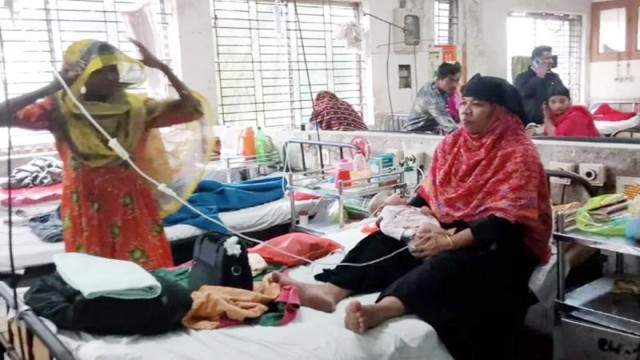
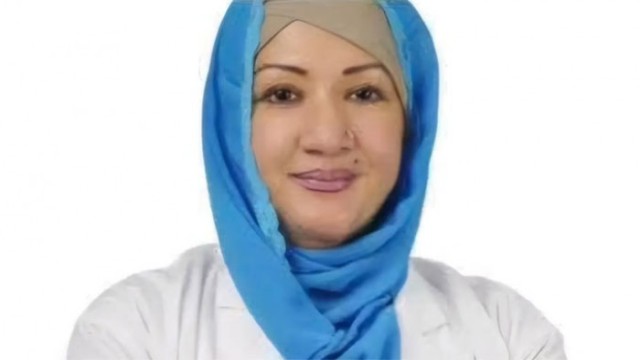
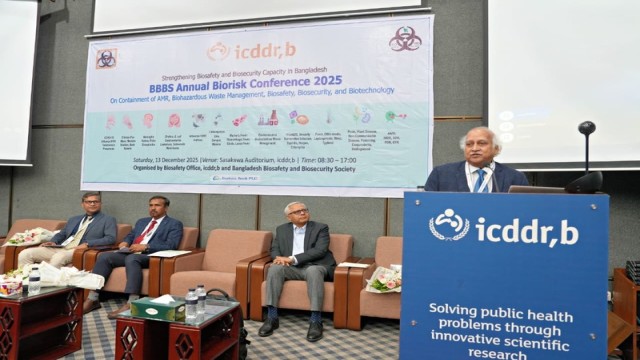
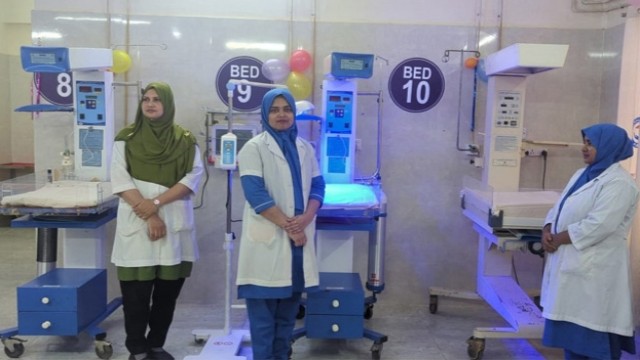
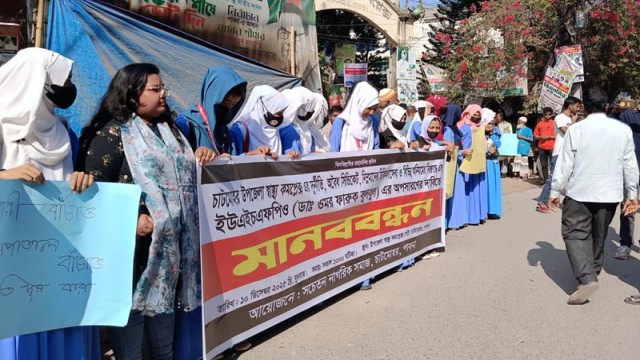
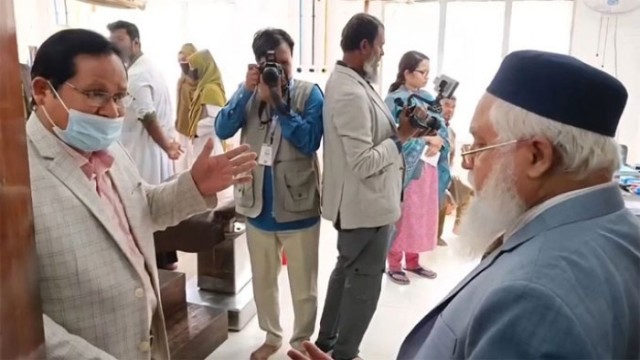
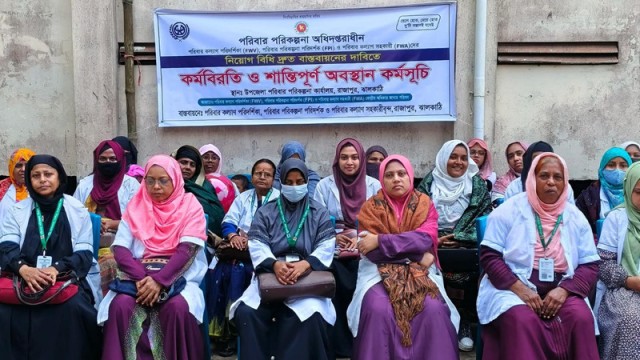
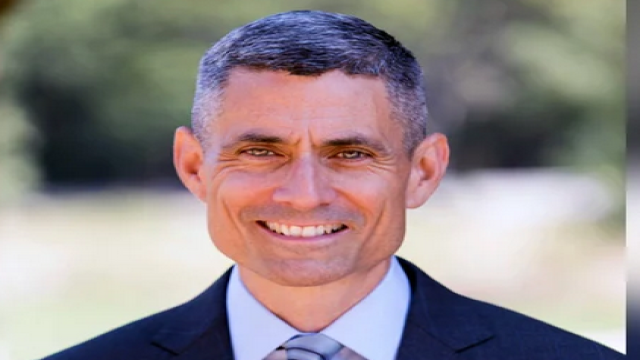
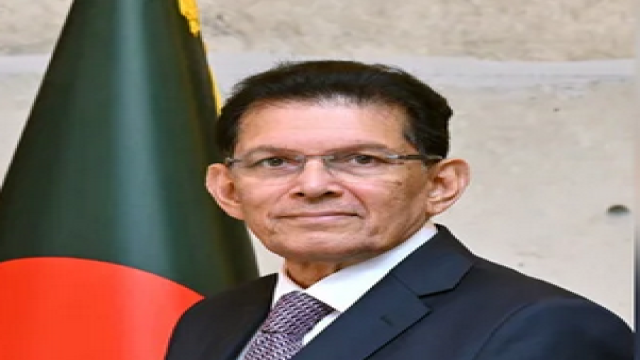
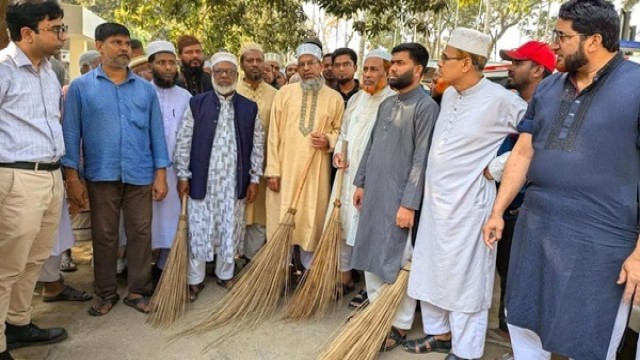
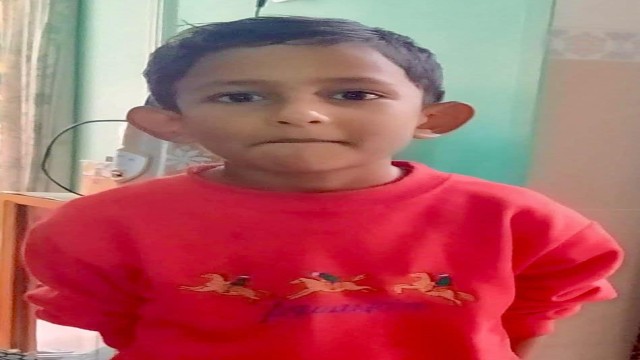
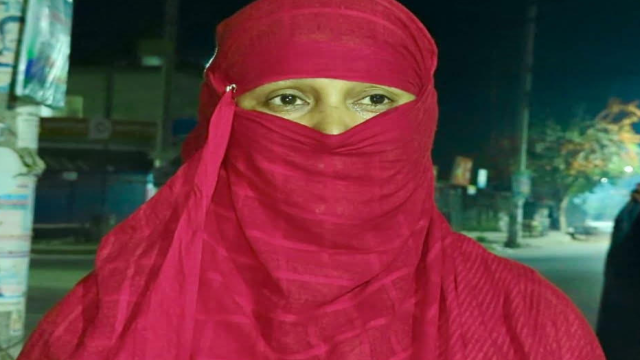
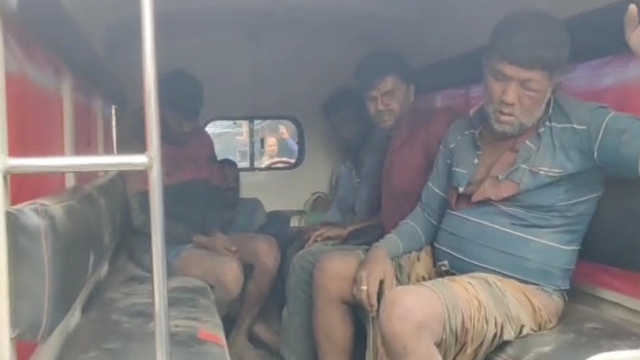
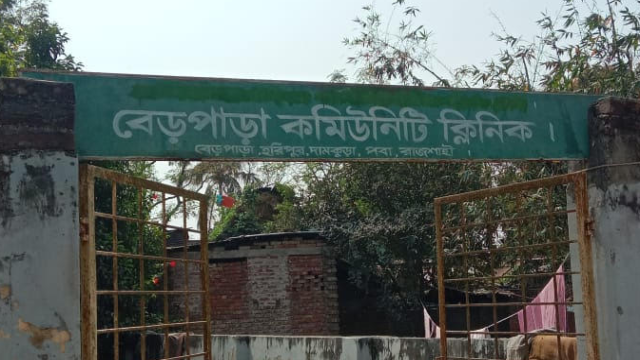
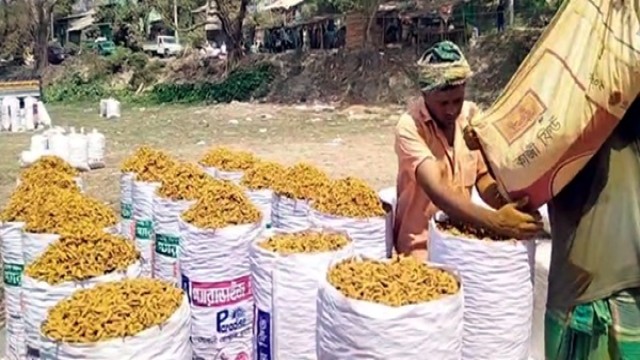













Comment: